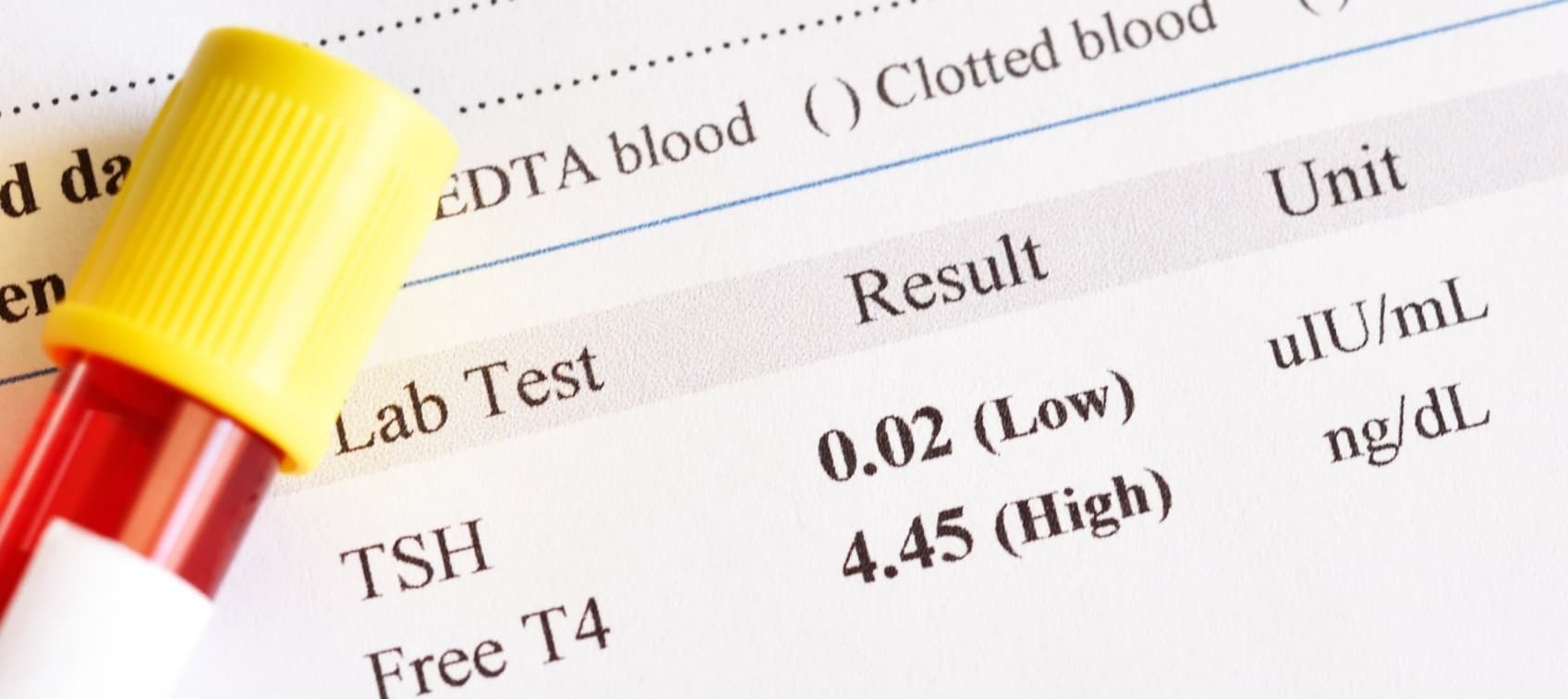
If someone asked you to rate thyroid conditions as a health threat, you might be tempted to give it a fairly low rating. After all, most of the health media focus on things like cancer, heart attacks, and degenerative diseases. Compared to things like that, how big of a deal could thyroid conditions be? It can be a very big deal.
Thyroid Conditions are Widespread
Thyroid conditions are very prevalent. Yet, diagnosing a thyroid problem is not always a straightforward task for physicians. A variety of physical signs may have their roots in the under-production of thyroid hormone. These signs can include:
- Feeling cold when other people around you are not
- Fatigue
- Blurry vision
- Puffiness around the eyes
- Low blood pressure
- Elevated cholesterol
- Constipation
- Diminished libido
- Decreased appetite
- An impaired immune response
- Chronic hoarseness or slowed speech
Of course, all of those signs could indicate something else other than a thyroid condition, so doctors don’t often check a patient’s thyroid function as an immediate possibility.
Thyroid conditions are often indicated by feelings of fatigue. When I hear a patient complaining of always feeling tired, I begin to suspect a possible thyroid connection. You see, thyroid hormones are vital for your body to make energy. If their levels are low, you’ll burn oxygen less effectively until your body and brain eventually just feel plain old sluggish.
Unfortunately, because feeling “blah” is such a vague symptom, it and other signs of a thyroid condition are often dismissed as a “normal” part of aging.
The Thyroid-Iodine Connection
Thyroid function requires adequate iodine levels in your body. Sadly, many Americans have inadequate concentrations of this vital nutrient. There are a number of reasons that iodine levels are sinking across the country. Among them, fluorine and chlorine are added to municipal drinking water. (Those two elements compete with iodine for absorption, and displace iodine from iodine receptors in your body.) Chlorine began being added to drinking water supplies in this country in 1908, and by the 1920s, chlorine was being used throughout the country as a way to kill water-borne pathogens.
I don’t believe it’s a coincidence that the country began to experience an increase in incidences of goiter around that same time (goiter is an enlarged thyroid caused by an insufficient amount of iodine). In an effort to counteract the increase in goiter, the U.S. government declared that all table salt had to be fortified with iodine. That did the trick. Cases of goiter dropped significantly once iodized salt started being sold in stores.
However, in only the last three decades the number of Americans with a lower-than-normal iodine intake has quadrupled. That comes as no surprise to me either, since it coincides with a push by the medical community for people to lower their consumption of salt as a way to achieve healthier blood pressure levels.
Finally, another reason for lower dietary iodine—and therefore a greater incidence in thyroid conditions—in this country is that much of the element has been depleted from our soil through commercial farming practices, which then results in less iodine in our fruits and vegetables—giving us yet another reason to go with organic produce when shopping for groceries.
Seaweed as an Iodine Source
Fortunately, a great source of dietary iodine is seafood—particularly shellfish and crustaceans (crab, lobster, shrimp). If you’ve heard that people who are allergic to shellfish are allergic to iodine, that’s simply not true. However, such people will obviously want to get their iodine from another source to avoid thyroid conditions.
Iodine is available in seaweed. In addition to the multiple minerals and vitamins, eating seaweed is the best way to take in iodine safely and naturally. Seaweed also contains a substance called sodium alginate that helps eliminate radioactive strontium, a breakdown product of uranium that our bodies are constantly exposed to from sunlight, X-rays, and microwaves.
The Japanese have long known that seaweed is a grand medicinal food. I have always been a fan of Asian food, and seaweed in particular, for its role in a dietary tradition that consistently produces the lowest incidence of cancer and cardiovascular disease on the planet.
One final note about thyroid issues. With the advent of technology, including smart phones, computers, blue tooth, cellular, and DECT cordless phones, alarming levels of EMF's are in our midst, which can have a negative impact on the sensitive thyroid gland. Hypothyroidism has been on the rise over the last twenty years and many researchers and doctors agree that harmful EMF in close proximately may be the cause.


